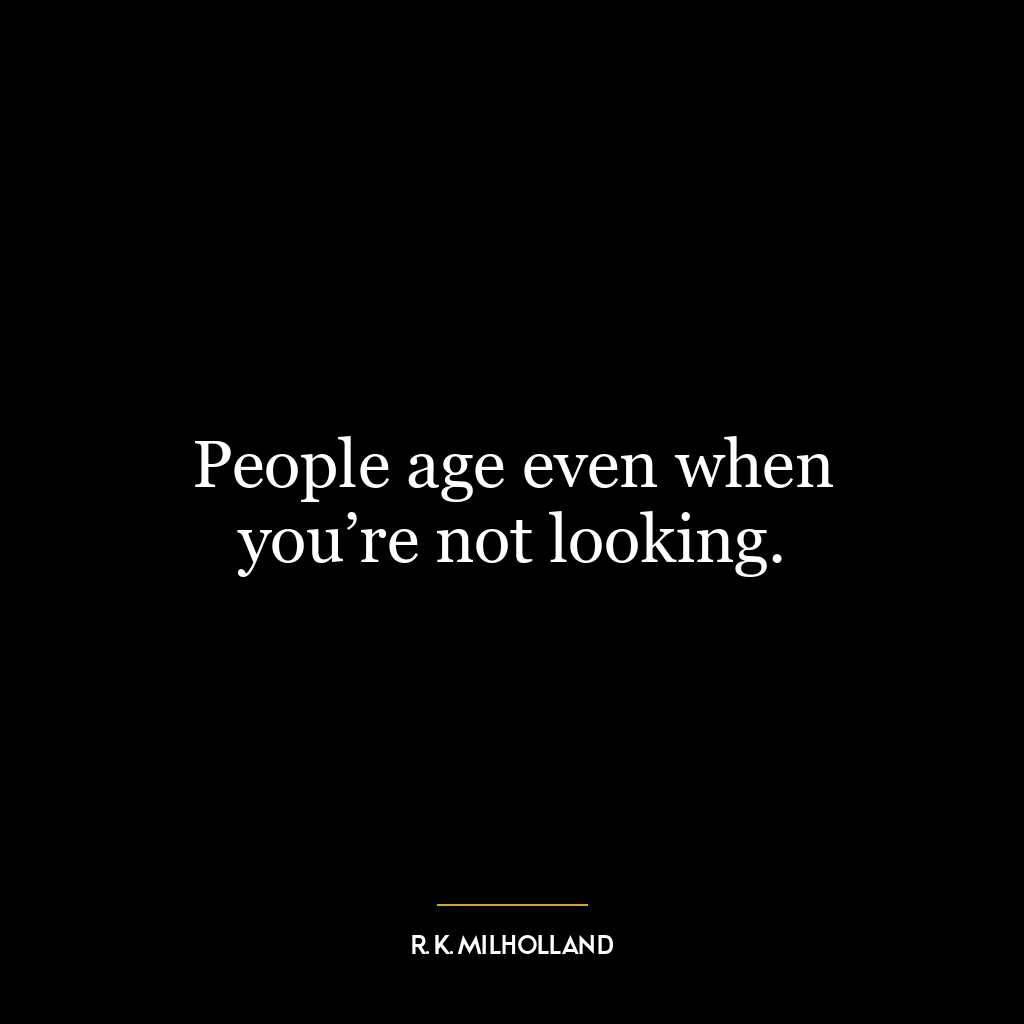'Opera' Quotes
Opera quotes are powerful and timeless expressions that capture the essence of the human experience. They have been used to convey emotions, inspire action, and reflect on the complexities of life. From the works of Mozart and Verdi to modern-day operas, these quotes have influenced and inspired ind…Read More
Opera quotes are powerful and timeless expressions that capture the essence of the human experience. They have been used to convey emotions, inspire action, and reflect on the complexities of life. From the works of Mozart and Verdi to modern-day operas, these quotes have influenced and inspired individuals and society for centuries. They have been used by famous figures such as Winston Churchill and Martin Luther King Jr. to convey their messages and motivate people. These quotes have also played a significant role in shaping cultural and historical events, making them an integral part of our collective consciousness. Today, they continue to resonate and inspire people across the globe, reminding us of the enduring power of music and storytelling.Read Less
Opera quotes are powerful and timeless expressions that capture the essence of the human experience. They have been used to convey emotions, inspire action, and reflect on the complexities of life. From the works of Mozart and Verdi to modern-day operas, these quotes have influenced and inspired individuals and society for centuries. They have been used by famous figures such as Winston Churchill and Martin Luther King Jr. to convey their messages and motivate people. These quotes have also played a significant role in shaping cultural and historical events, making them an integral part of our collective consciousness. Today, they continue to resonate and inspire people across the globe, reminding us of the enduring power of music and storytelling.
6 Distinctive 'Opera' Quotations and Sayings
Opera – Symbolic Value
Opera, a form of theatrical performance that combines music, drama, and visual arts, has been a source of inspiration and fascination for centuries. It is often associated with grandeur, elegance, and sophistication, making it a symbol of high culture and refined taste. The word “opera” itself is derived from the Latin word “opus,” meaning work or composition, highlighting the artistic and creative nature of this art form.
Opera – Cultural and Historical Significance
Opera has a rich cultural and historical significance, dating back to the late 16th century in Italy. It was initially performed for the elite and aristocratic class, but eventually, it gained popularity among the general public. Opera has been a significant part of European culture, with composers such as Mozart, Verdi, and Wagner creating some of the most iconic and enduring works in the genre.In addition to its European roots, opera has also spread to other parts of the world, including Asia and the Americas. Each region has its unique style and interpretation of opera, showcasing the diversity and universality of this art form.
Opera – Common Themes in Motivational Contexts
Opera is not just a form of entertainment; it also serves as a source of motivation and inspiration for many. The themes explored in opera often revolve around love, passion, tragedy, and triumph, making it relatable to the human experience. The powerful and emotive music, combined with the dramatic storytelling, can evoke strong emotions and leave a lasting impact on the audience.One of the most common themes in opera is the pursuit of love and the obstacles that come with it. This theme is often portrayed in tragic love stories, such as “Romeo and Juliet” and “La Traviata,” which serve as a reminder of the complexities and sacrifices of love.
Opera – Portrayal in Art and Media
Opera has been a popular subject in various forms of art and media, including paintings, literature, and film. Many famous paintings, such as “The Opera” by Edgar Degas and “The Opera Box” by Mary Cassatt, depict scenes from opera performances, highlighting its cultural significance and influence.In literature, opera has been referenced and portrayed in works such as “The Phantom of the Opera” by Gaston Leroux and “The Marriage of Figaro” by Pierre Beaumarchais. These works not only showcase the impact of opera on popular culture but also serve as a testament to its enduring appeal.
Opera – Impact on Understanding of Life and Society
Opera is not just a form of entertainment or a cultural symbol; it also has a significant impact on our understanding of life and society. Through its exploration of universal themes and human emotions, opera can provide insights into the complexities of the human experience. It can also shed light on societal issues and challenges, making it a powerful tool for social commentary and reflection.Moreover, opera has the ability to transcend language and cultural barriers, bringing people from different backgrounds together to experience and appreciate its beauty and meaning. It serves as a reminder of our shared humanity and the power of art to connect and inspire.In conclusion, opera is much more than a theatrical performance; it is a symbol of cultural and historical significance, a source of motivation and inspiration, a subject of art and media, and a tool for understanding life and society. Its enduring appeal and impact on various aspects of human life make it a timeless and cherished art form.





